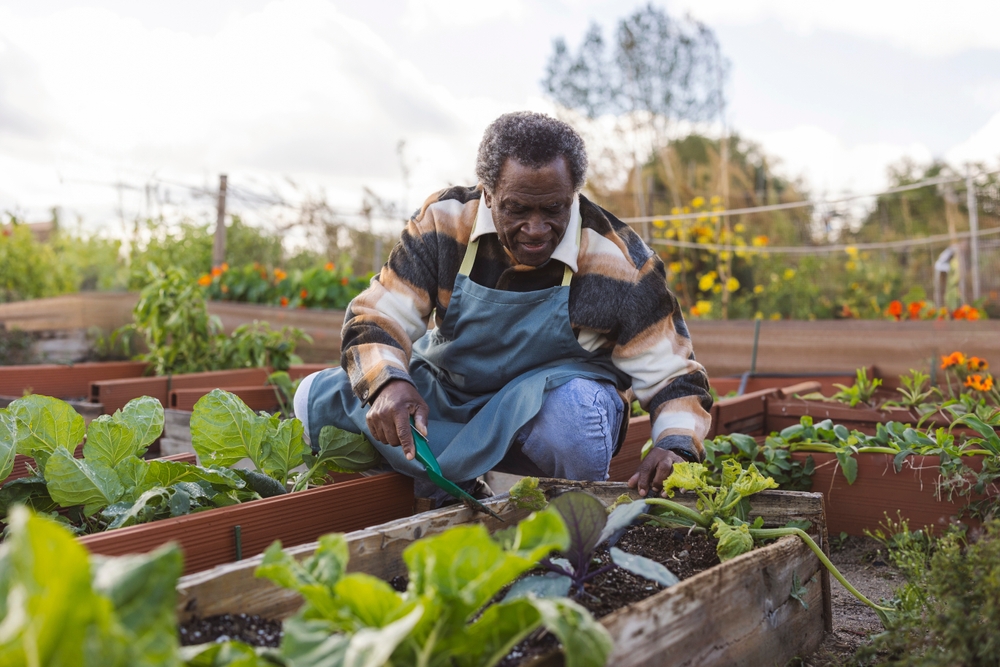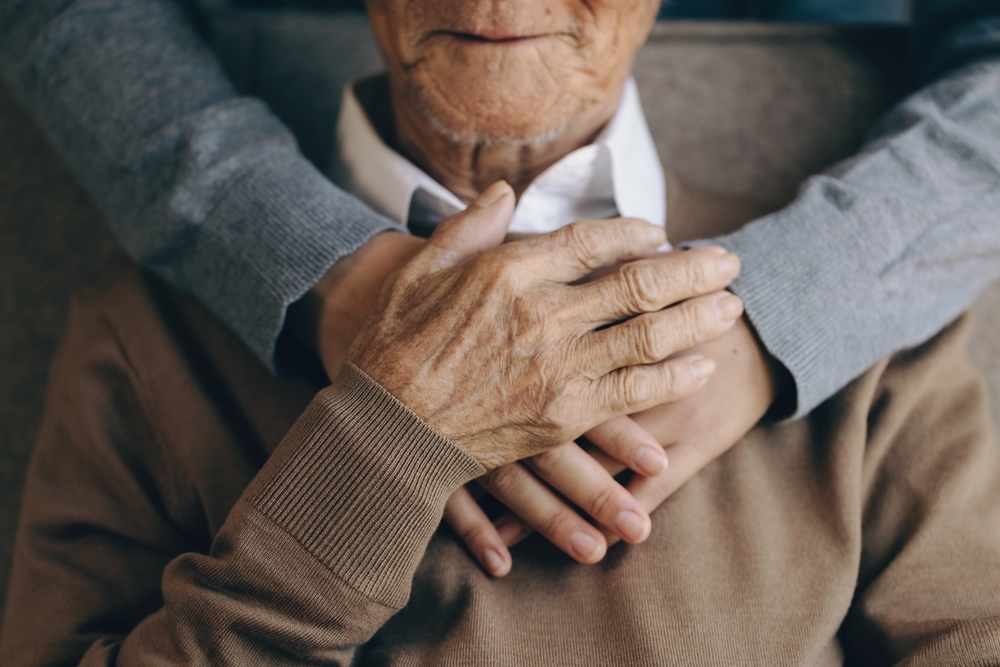Make an Appointment
Why Inclusion Matters in Aged Care
Australia’s residential aged care sector serves a richly diverse population: around 20–30% of residents come from culturally and linguistically diverse (CALD) backgrounds, and many identify as Aboriginal and Torres Strait Islander, LGBTIQ+ or living with disability Selmar Institute of Education. Standard 1 of the Aged Care Quality Standards mandates that all recipients be treated with dignity, respect and recognition of their individual identity, culture and diversity Health and Aged Care Australia.
Inclusive, connected communities not only uphold human rights, they also drive better outcomes: enhanced mental health, reduced loneliness, higher satisfaction scores and fewer complaints. Embedding inclusion is therefore both a moral imperative and a proven pathway to quality care.

What Are Inclusive Practices in Aged Care?
Inclusive practices are deliberate actions and policies that ensure every resident feels valued, supported and able to participate fully in community life. Key examples include:
Culturally Safe Governance
- Establishing Diversity & Inclusion Committees that include CALD, Indigenous and LGBTIQ+ representatives.
- Embedding the Aged Care Diversity Framework into organisational policies to remove barriers and uphold rights Aged Care Quality and Safety Commission.
Accessible Communication
- Providing multilingual signage, brochures and digital portals.
- Using professional interpreters or “talking mats” for residents with language or cognitive barriers.
Person-Centred Environment
- Decorating common areas with art and memorabilia reflecting residents’ cultures.
- Celebrating religious and cultural festivals: Diwali, NAIDOC Week, Ramadan, Lunar New Year, with appropriate menus and activities.
Inclusive Programming
- Scheduling flexibility to accommodate prayer times or dietary observances.
- Offering a variety of group activities (music styles, food preparation, art forms) that resonate with diverse backgrounds.
Workforce Training & Representation
- Mandatory cultural competency training for all staff, refreshed annually.
- Recruiting bilingual and bicultural staff to reflect community demographics and build trust.
By weaving these elements into daily practice, aged care homes become places where every individual’s identity is acknowledged and celebrated.

One Strategy for Working Inclusively with Others in Aged Care
“Collaborative Cultural Mapping” is a structured, repeatable process that brings staff, residents and families together to co-design inclusive services:
Mapping Resident Profiles
- Compile a brief “cultural snapshot” for each resident, noting language, faith, dietary needs, significant dates and preferred social connections.
Interdisciplinary Workshops
- Quarterly sessions where nursing, allied health (physiotherapy, occupational therapy, speech pathology, exercise physiology), lifestyle and kitchen teams review snapshots and brainstorm adaptations, e.g., menu tweaks, exercise classes in resident-preferred music genres.
Action Planning & Accountability
- Each workshop produces an action register with clear owners, deadlines and outcome measures (resident satisfaction, participation rates).
- Progress is reported monthly at the Quality & Safety Committee.
Feedback & Iteration
- Short “pulse surveys” and informal check-ins ensure that changes meet residents’ needs.
- Successful pilots (e.g., a Greek dancing class) are scaled; less effective ideas are refined or retired.
This cyclical, data-driven approach ensures inclusion remains dynamic, resident-led and measurable.
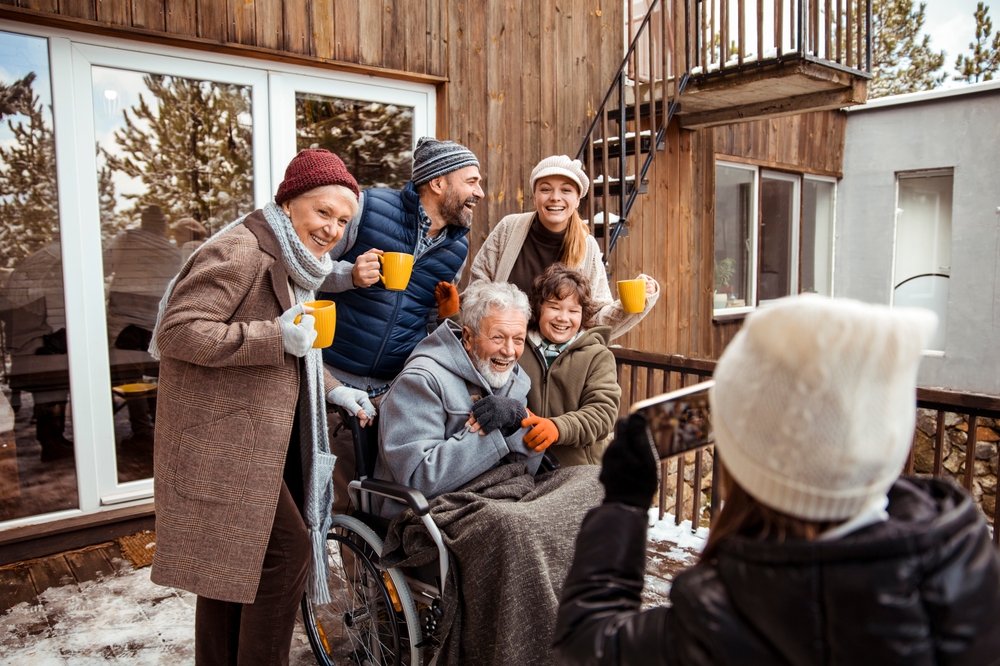
How to Support Cultural Diversity in Aged Care
Supporting cultural diversity means more than occasional events—it requires embedding cultural safety into every facet of care:
Centre for Cultural Diversity in Ageing Resources
- Utilise practice guides, multilingual communication cards and cultural care plans provided by the Centre to tailor individual care Aged Care Quality and Safety Commission.
Partners in Culturally Appropriate Care (PICAC)
- Engage PICAC-trained consultants to audit services, deliver staff training and co-create culturally safe care pathways, particularly vital in states like Victoria and New South Wales.
Multilingual & Multisensory Environments
- Digital signs that rotate announcements in key resident languages.
- Sensory rooms featuring music, scents and tactile materials aligned to cultural traditions.
Policy & Procurement
- Ensure food suppliers can provide Halal, Kosher or vegetarian meals as required.
- Source décor, entertainment and festival supplies through culturally aligned community organisations.
By systematically building cultural competency and resourcing, aged care providers ensure that diversity becomes a source of strength and connection.

Why Recognising & Respecting Unique Identity, Culture & Social Connections Matters
When aged care providers honour each person’s story, culture and community ties, the benefits are both human and measurable:
Improved Mental Health & Reduced Isolation
- Residents who see their culture reflected in daily life report up to 25 percent lower rates of depression and anxiety Selmar Institute of Education.
Higher Engagement & Satisfaction
- Homes with active cultural programs have 30 percent higher participation in group activities and a 15 percent boost in family satisfaction scores on national surveys G_en Aged Care Data_.
Enhanced Clinical Outcomes
- Culturally safe environments correlate with 20 percent fewer hospital transfers, residents feel more comfortable reporting symptoms early, and staff better understand subtle cultural expressions of pain or distress.
Regulatory Compliance & Reputation
- Embedding inclusive practices supports compliance with Standard 1 (Dignity & Respect) of the Aged Care Quality Standards, reducing risk of non-compliance findings.
Ultimately, recognising unique identity and connections is not a “nice to have”, it is fundamental to delivering effective, person-centred care that respects rights, uplifts spirit and builds genuine community.
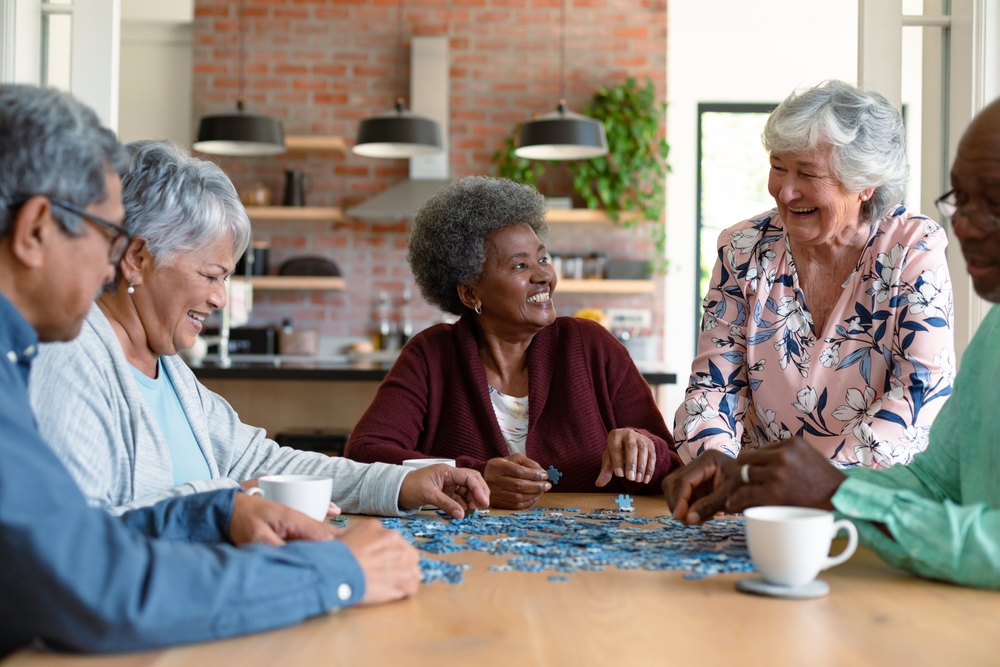
Frequently Asked Questions (FAQs)
Q1: What are inclusive practices in aged care?
Inclusive practices are policies and actions, culturally safe governance, accessible communication, resident-led programming and workforce training, that ensure every resident’s identity and needs are honoured.
Q2: What is one strategy to work inclusively with others in aged care?
“Collaborative Cultural Mapping” brings staff, residents and families together quarterly to co-design and measure culturally aligned services, ensuring ongoing resident-led inclusion.
Q3: How do you support cultural diversity in aged care?
Leverage resources from the Aged Care Diversity Framework, the Centre for Cultural Diversity in Ageing and PICAC; embed multilingual tools, culturally appropriate menus, policy alignment and staff competency training.
Q4: Why must providers respect each older adult’s unique identity and connections?
Because it drives improved mental health, higher engagement, better clinical outcomes and compliance with the Aged Care Quality Standards, ultimately creating a truly person-centred community.

Creating an inclusive, connected aged care community means moving beyond one-off events to embedding cultural safety, collaboration and respect into every process. When providers value each person’s identity, culture and relationships, they foster environments where older adults thrive physically, emotionally and socially.
Next Steps:
- Audit Your Service: Use the Aged Care Diversity Framework and PICAC tools to identify gaps and opportunities.
- Pilot Cultural Mapping: Convene your first Collaborative Cultural Mapping workshop with multidisciplinary teams and residents.
- Engage Allied Health: Book in-home, in-clinic or online consultations with Physio Inq to integrate culturally safe physiotherapy, occupational therapy, speech pathology and exercise physiology into your inclusion plan.
Call 1300 731 733 or book online to start building a more inclusive, connected community today.
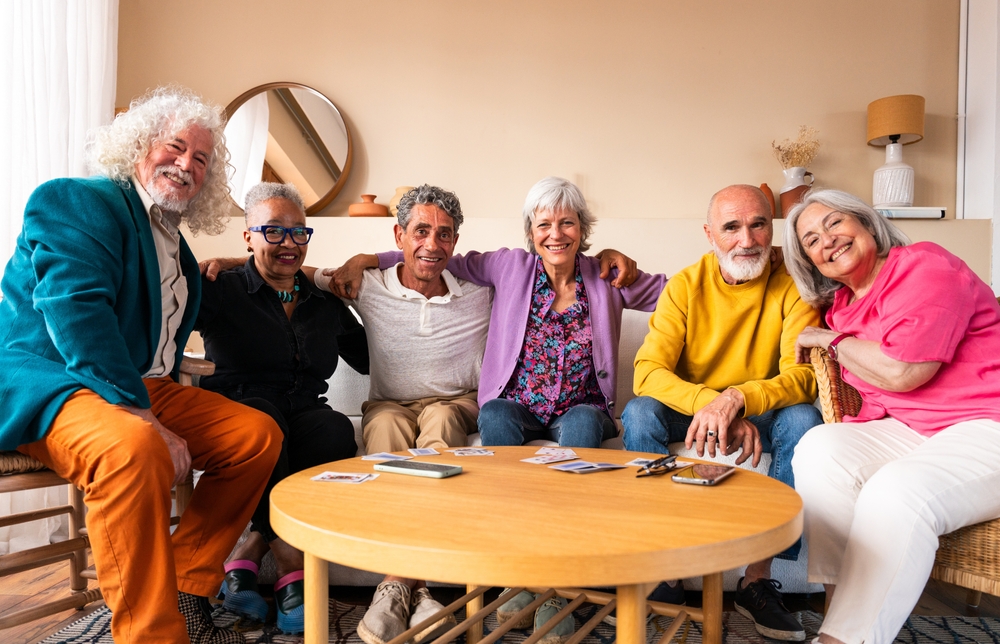
Date Published: Thursday, June 5, 2025
Locate a Aged Care Exercise Physiology
Service Near me
Get the experience & convinence you deserve to support your or a loved one's allied health needs.
Our Aged Care Exercise Physiology team are currently serving & taking appointments in the following states and regions in Australia:
Need to get into direct contact with ur Client Services team? We're all ears. Call our team directly on 1300 731 733
